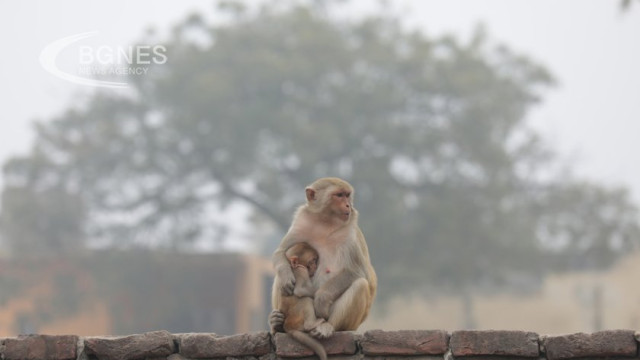Cognitive biologists and primatologists from the University of California, Indiana University and the Max Planck Society's Institute for Animal Behaviour have discovered the beginnings of a sense of humour in four species of great apes. This is reported in a paper published in the journal Proceedings of the Royal Society B.
The team analyzed spontaneous social interactions in monkeys that seemed playful, mildly offensive or provocative. During these interactions, the researchers observed the teaser's actions, body movements, facial expressions, and the way their "victims" reacted.
The researchers found that orangutans, chimpanzees, bonobos, and gorillas deliberately demonstrated behaviors often accompanied by playful traits. A total of 18 different types of "playful" behavior were identified. Many of these behaviours appear to be used to provoke a reaction or at least to attract the attention of a target. Unlike play, however, teasing is unidirectional and other individuals rarely reciprocate.
The fact that playful banter with conspecifics has been observed in various primate species indicates that the preconditions for developing a sense of humor evolved in human ancestors at least 13 million years ago. / BGNES







